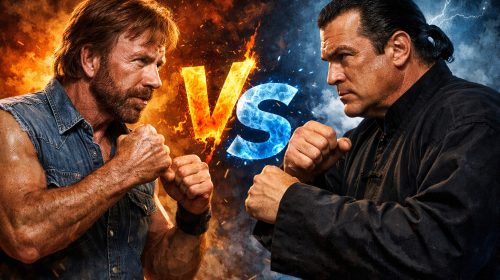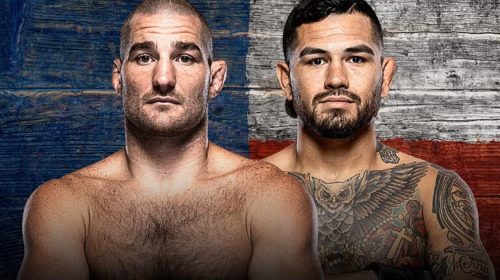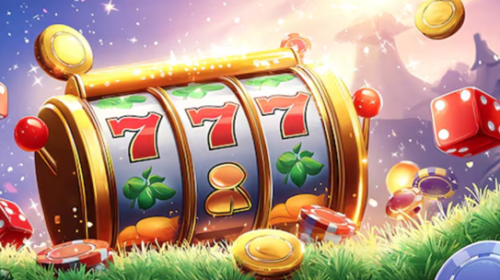
The History of Gambling in New Zealand: From Māori Traditions to Modern Casinos
Gambling has a rich and diverse history in New Zealand, spanning centuries and including an amazing evolution from traditional Māori practices to the establishment of modern casinos and online gambling. The practice of gambling in traditional Māori communities paved the way for online casinos, where you can deposit money through online payment methods.
In this article, we’ll delve into the dynamic nature of this popular pastime and how it got integrated into mainstream New Zealand society, with POLi casinos being most sought after among Kiwis.
Origins in Māori Culture
Even before the European settlers came about, various forms of gambling have been ingrained into the Māori culture for hundreds of years. Games of chance often served as a source of social interaction, entertainment, and even spiritual ritual. These traditional gambling activities played an important role in communal harmony.

Māori became gamblers on cards and other types of games of chance. This included the game enjoyed by Māori communities called “ki-o-rahi,” which is an ancient ball game involving two teams competing on a circular field to score points by touching designated areas with a tiny ball.
Another popular Māori game that involved gambling was called “Konane,” a strategic board game with similar rules to that of checkers. It involves two players strategically moving their pieces on a board to capture their opponent’s pieces.
These games involved placing bets, where participants would wager their personal belongings or resources on the outcome of the game. Nowadays, gamblers still place bets on the outcomes of sports tournaments, with the addition of casino firms sponsoring sports events; for example, wagering and tennis partnerships.
In 1851, William Colenso, a printer and missionary, published instructions in the Māori language, warning people against gambling on cards. Even the newspaper Te Wananga, which was written in the Māori language, published numerous notices against playing cards. In 1878, playing cards on the railway between Waipukurau and Napier was forbidden. Anyone caught played a fine of £5.
Early European Influence
European settlers arrived in New Zealand in the early 19th century, affecting the gambling practices in the country. The first European settlers placed wagers on cards and billiards. Coin and dice games also grew popular. In the mid-1860s, Chinese gold miners came and brought fan-tan, pakapoo, and other games.

Poker, blackjack, and other European card games also gained popularity among European and Māori communities. These games served as a common ground for cultural exchange and interaction between the two communities.
Goldfields Gambling
When a large number of predominantly male and single migrants flocked to New Zealand when new goldfields were found, they brought new card games with them. Those who previously worked in the California goldfields and were influenced by the games there brought the game of faro. This gambling game, which was supposedly named after the photo of a pharaoh on specific French playing cards, involves players betting on cards drawn from a box.
Meanwhile, Irish miners liked to play a card game called Forty-Fives, which is played with a standard deck of 52 cards. Four players play in pairs, intending to score points by winning tricks and bidding on the number of tricks they expect to win. The game concludes once one team reaches a predetermined score. This card game remained popular well into the 20th century on the West Coast where many Irish settled.
In the mining towns throughout New Zealand, betting on sporting events occurred as well. Gambling establishments, from informal saloons to organised gambling houses, grew in these booming mining communities.
Wartime Card Games
New Zealand troops gambled during both world wars to chase away boredom, and if they were lucky enough, earn extra income. Pontoon and poker were the most played card games. However, during the Second World War, the more complex card game called 500 emerged.
During these times, cheating gamblers used cigarettes to signal to their partners. They lit a new one for hearts, relit the butt for spades, struck a match for diamonds, and did agitated puffs for the joker.
Depression-Era Gaming
In the 1930s, the Depression caused many relief workers to turn to gambling amidst the economic hardships. Slippery sam, euchre, and cribbage were popular gambling games played in boarding houses, relief camps, and pubs around the country.
In the early 1950s, urban Māori women allegedly gambled for money at ‘card schools’ in their houses. They did this for privacy to avoid the social stigma associated with gambling. On the other hand, men weren’t as concerned about their reputations.
Legislative Efforts and Modernisation
In the early 20th century, growing concerns about the negative economic and social impacts of gambling came to light in New Zealand. This led to the introduction of restrictions on gambling activities, such as the Gambling Act of 1908, which prohibited gambling outside of licensed racecourses and some charity events.
However, the government’s approach to gambling changed over time due to changing attitudes and societal demands. This is why in the late 20th century, a more liberalized gambling environment came about to increase tourism and economic development. The introduction of casinos and the expansion of legal gambling options marked a new era in the country’s gambling landscape.

In 1994, the Christchurch Casino, New Zealand’s first legal casino establishment, opened. The casino offered many gambling options, including slot machines, roulette, and blackjack. This resulted in more casinos being established across various regions in New Zealand, including Queenstown, Wellington, and Auckland.
The Rise of Online Gambling
The gambling landscape in New Zealand went through another transformation due to technological advancements that brought about the concept of online gambling. Gambling was brought directly into the players’ homes, offering accessibility, convenience, and additional gambling options.
One of the significant advantages of online gambling was the ability to play anytime and anywhere. Players don’t need to travel to physical casinos or mind their operating hours. Additionally, live dealer games were introduced, wherein actual dealers conducted games via a video stream. Players could interact with the dealers and co-players.
Moreover, mobile phones and modern payment methods changed online gambling. This added a portability element to online gambling, bringing games to the palm of the player’s hands.
Conclusion
From the captivating traditional gambling practices of the Māori to the allure of modern casinos, the history of gambling in New Zealand is an exciting one. It combines cultural heritage, social shifts, and the human factor of taking a risk. New Zealand is certainly a place where the dice roll, the cards shuffle, and the thrill of gambling lives on.
Author’s Bio:

Isabella Pritchard is a dynamic young woman making her mark as the Editor in Chief for Nzcasinoonline website. Isabella has always been fascinated by casino products and the exciting world of online gambling. This interest, combined with a passion for writing, led her to become a casino reviewer in June 2017. Since then, she’s been sharing her expert insights with enthusiasts around the world. She has a natural flair for examining and writing about the most intricate aspects of the industry, making her a reliable source for casino-related insights and news.

























